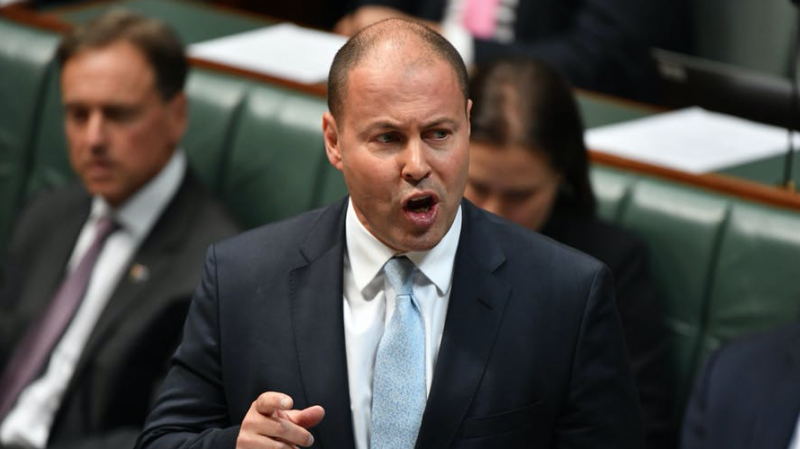Forcing Google and Facebook to pay for news could do more harm than good
The government has said it will force Google and Facebook to pay for news content from Australian publishers in a bid to ‘even the playing field’. But this might not be the solution the industry craves, warns Rakuten’s Stuart McLennan, and it might in fact make the situation worse for publishers.
Treasurer Josh Frydenberg has announced the government’s plan to force Google and Facebook to pay for news content, describing the decision as a “battle worth fighting”.
The new code is an interesting change of focus, moving from the regulator’s previous Digital Platforms Inquiry which solely looked at data protection, to providing much more direct action on publishers’ bottom lines.
However, the government must tread carefully, or there’s a chance it could actually worsen the exact problem it seeks to prevent. Should Facebook or Google decide to restrict local content on their platforms—as they have chosen to do in other markets—the publishers will ultimately be the ones who are penalised.

Frydenberg said the new rules will attempt to “level the playing field”


A correctly functioning democracy relies on a free and unfettered press able to investigate *anything*. This means that it needs adequate funding. Certain “media barons” have far too much influence, so they are decrying the exact same thing that they are doing (oligopolizing). Thus they have nothing to complain about when a bigger predator comes for them. As an informed person, I eschew both google and crapbook because I know *exactly* what I am giving up if I used their ugly tainted “products”. I don’t have any problem with the government taxing/charging the sh*t out of them. They deserve it as they don’t pay their fair share in taxes as well as monopolizing and stealing content. (A small financial newsletter client had to fold partly because their content was routinely “redistributed”). The bigger issue is to how to fund a fair and free press to ensure democracy. Any steps toward that direction must be seen as positive. Proper (old school) investigative journalism must be funded well. Any steps taken are better than none and eventually further steps taken in the future might lead to better outcomes for everyone.